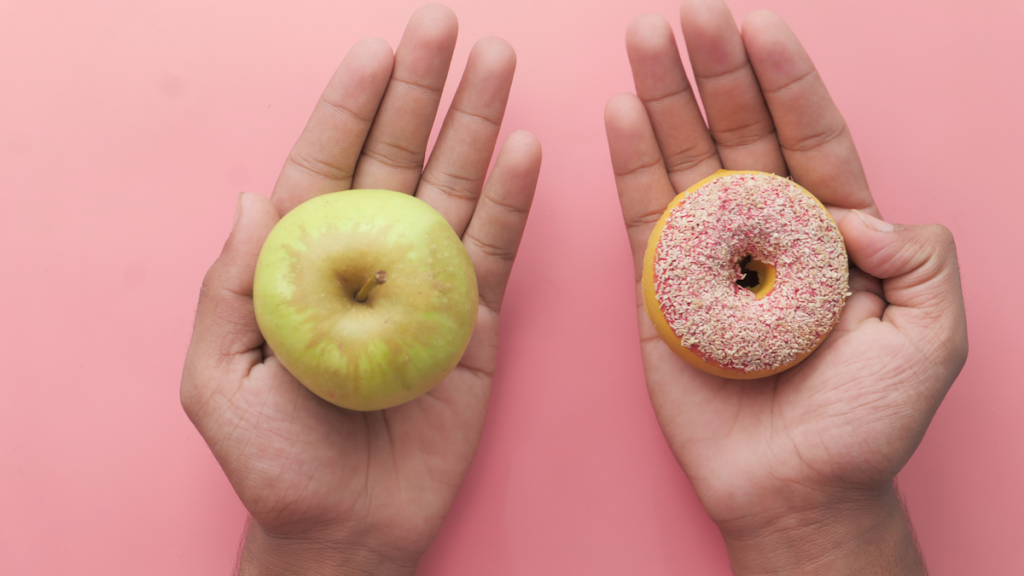Nutrition is an important consideration for health, no matter who you are. But following bariatric surgery, it’s particularly helpful to adopt a well-structured diet plan. Not only will eating a nutritious diet support your weight loss journey, it will minimize stomach upset and maintain your health. That means in most instances, it’s very likely that you’ll need to change your diet after bariatric surgery. Here’s how to effectively adjust your diet, with a focus on reducing carbohydrates in both the short and long term.
Immediate Post-Surgery (Short Term) Diet
Immediately following bariatric surgery, your diet will indeed look very different—you’ll be on a liquid diet at first. A slow transition from liquids to solids allows the new stomach to adjust and minimizes stomach upset while keeping you properly hydrated. Every program is a little different here, so take these time frames with a grain of salt.
- Clear liquids (week one): Within 24 hours of surgery, you’ll begin with clear liquids like water, broth, sugar-free gelatin, and herbal tea. Stay hydrated by sipping slowly.
- Full liquids phase (week two): You’ll gradually introduce thicker liquids such as protein shakes, skim milk, and strained soups. This is a time to focus on high-protein options to promote healing and preserve muscle mass.
- Pureed foods phase (weeks three to four): Next, you’ll transition to pureed or mashed foods like soft-cooked eggs, cottage cheese, yogurt, and pureed vegetables. Avoid foods with chunks or fibrous textures to prevent discomfort.
- Soft foods phase (weeks five to six): Finally, you’ll begin incorporating soft, easy-to-chew foods like tender meats, fish, tofu, and cooked vegetables. Chew thoroughly and eat slowly to aid digestion and prevent discomfort.
Long-Term Dietary And Lifestyle Changes
Eating a nutritious and balanced diet is an important part of staying healthy. The goal of bariatric surgery, beyond losing weight, is improving health, and nutrition goes hand in hand with that. But following best practices after weight loss surgery isn’t limited to what you’re eating. Consistent exercise, adequate hydration and making sure you’re getting follow-up care with your provider are equally important.
Focus On Protein and Vegetables
Protein is crucial for muscle preservation, satiety, and metabolism. Aim to consume protein-rich foods with every meal, such as lean meats, poultry, fish, eggs, dairy, tofu, and legumes.
Take Your Vitamins
Your doctor prescribes vitamins for a reason, so take them. The biggest ones that can become deficient are usually Vitamin D, iron, and B12. So definitely get those in, along with a multivitamin. Add more for bypass-type procedures and follow the advice of your surgeon’s program.
Limit Refined Carbohydrates
Reduce your intake of refined carbohydrates such as sugary foods, white bread, pasta, and pastries, all of white spike blood sugar. Instead, opt for complex carbohydrates from whole grains, fruits, and vegetables, which provide fiber and essential nutrients.
Emphasize Whole Foods
Prioritize whole, nutrient-dense foods over processed options. Fill your plate with colorful fruits, vegetables, and healthy fats like avocados, nuts, and olive oil.
Monitor Portion Sizes
Bariatric surgery reduces stomach capacity, so portion control is helpful. Use smaller plates, utensils, and cups to manage portion sizes effectively. Aim to eat slowly and stop when you feel comfortably satisfied.
Stay Hydrated
Drink plenty of water throughout the day to prevent dehydration and support digestion. Eliminate sugary beverages entirely, and minimize alcoholic beverages, as they can contribute to dehydration and interfere with weight loss goals.
Get Regular Physical Activity
Incorporate daily exercise into your routine to enhance weight loss, improve metabolism, and boost overall health. Aim for a combination of cardiovascular exercise, strength training, and flexibility exercises for optimal results.
Follow Up with Healthcare Providers
Attend regular follow-up appointments with your bariatric team to monitor your progress, address any concerns, and adjust your diet and lifestyle as needed for long-term success.
The Bottom Line
It’s likely that you’ll need to make some changes to your diet following bariatric surgery, and that’s probably a good thing. Remember, transitioning to a lower-carb diet after bariatric surgery requires commitment, patience, and ongoing support, but nobody is perfect. Consult with your healthcare team or a registered dietitian for personalized guidance tailored to your individual needs and preferences and do the best you can. Improving eating habits is a process, and building healthy habits can take time.
To learn more about weight loss surgery, including expectations, contact the team here at Nevada Surgical. We’re happy to answer your questions.




